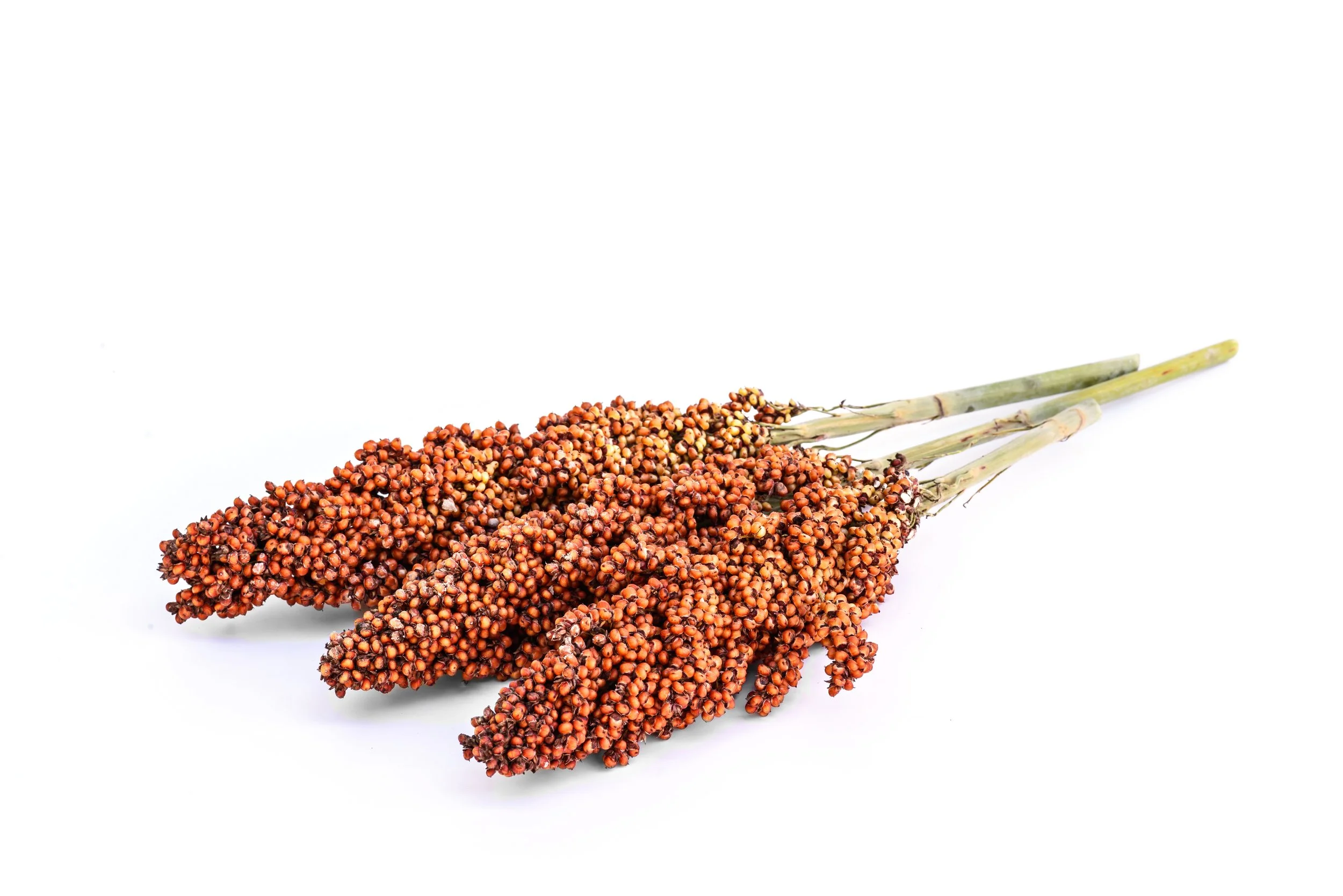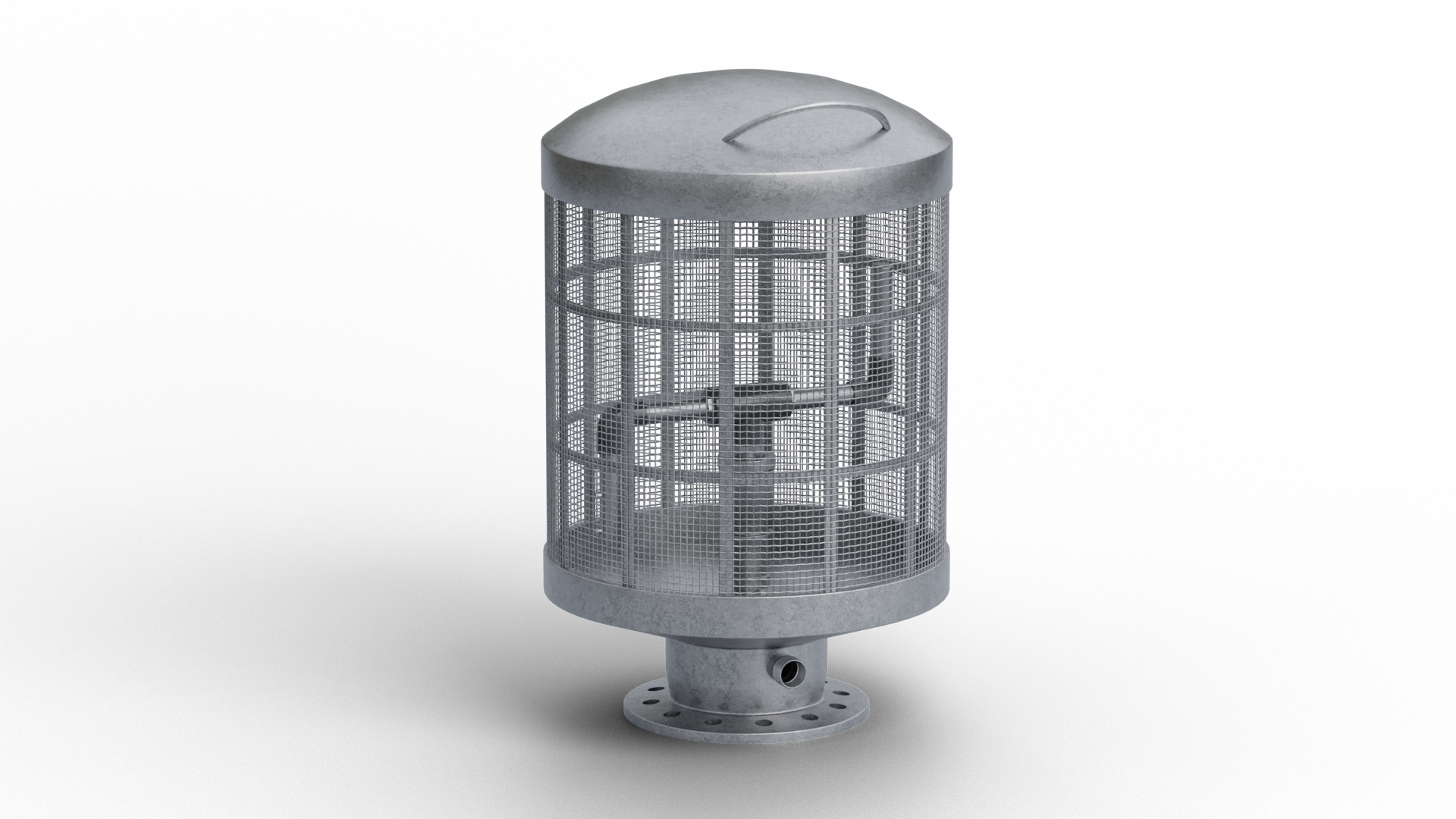Sorghum
Sorghum, known for its drought-resistant properties, is a hardy cereal plant that has adapted to a variety of challenging environments. Its growth and development, though generally robust, can be sensitive to extreme moisture conditions. Too much water can lead to decreased yields and make the plant susceptible to diseases, while too little can limit its potential in producing grains. As with any crop, optimal hydration is paramount. In regions with unpredictable rainfall, relying solely on traditional watering methods might not be the most effective approach. Instead, a balanced and adaptive watering strategy is essential to maximize sorghum's productivity and health.
Clemons filters are essential to optimizing and maximizing yield.
Let’s discuss your project.
There are several critical nuances for sorghum growers concerning the importance of filtration and irrigation.
Sorghum Watering Requirements: Sorghum, known for its resilience to dry conditions, has roots in drought-prone regions. Nevertheless, it benefits from consistent moisture, particularly during its formative growth stages, to achieve optimal growth and yield.
Phases of Watering: Sorghum's water demands evolve through its life cycle. The vegetative phase necessitates regular hydration. As the plant nears maturity, moderating the water supply helps guard against potential pitfalls, such as waterlogged conditions which could compromise seed quality.
Cost Efficiency: Modern irrigation methods, including drip irrigation, are as valuable to sorghum as they are to many other crops. These systems enhance water use efficiency, directing moisture straight to the roots, fostering even grain development. This uniformity in watering not only optimizes growth but is also cost-effective, especially in areas where water is a premium resource.
Soil Needs: Like many crops, sorghum thrives in well-draining soils. A balanced soil composition ensures that the plant's roots have access to the moisture they need without the threat of stagnation or waterlogging, conditions which can hinder growth.
Nutrient Absorption: Effective watering strategies enable sorghum to absorb nutrients efficiently from the soil. Overhydration can cause nutrient leaching, depleting soil fertility. Conversely, insufficient water can obstruct the plant's nutrient uptake, potentially leading to suboptimal growth.
Disease and Pest Management: While sorghum is relatively hardy, it's not immune to diseases and pests. Many of these challenges can multiply in overly moist environments. A judicious watering routine can thus act as a preventive measure. Direct-to-root watering techniques can also be beneficial, reducing surface moisture which might otherwise attract pests.
Water Quality: Quality is as crucial as quantity. Sorghum plants, resilient though they may be, can still react adversely to water contaminants. It's imperative to ensure that irrigation water is free from excessive salts and harmful agents to maintain crop health and yield.
In conclusion, sorghum stands out as a crop known for its drought-resistance, but water management remains a pivotal aspect of its cultivation. Proper attention to its distinct watering needs can lead to plentiful harvests and superior quality grains. In the realm of agriculture, where water often dictates the success of a crop, sorghum's requirements, while unique, are integral to realizing its full potential.
Recommended Solutions
Pressure Filters
Clemons high-pressure filters ensure clean, healthy water for optimal crop growth.
Suction Screens
Protect your pump from harmful debris, ensuring clean, obstruction-free water flow.
Sand Separators
Capture and remove sand, improving water flow and increasing system lifespan.




